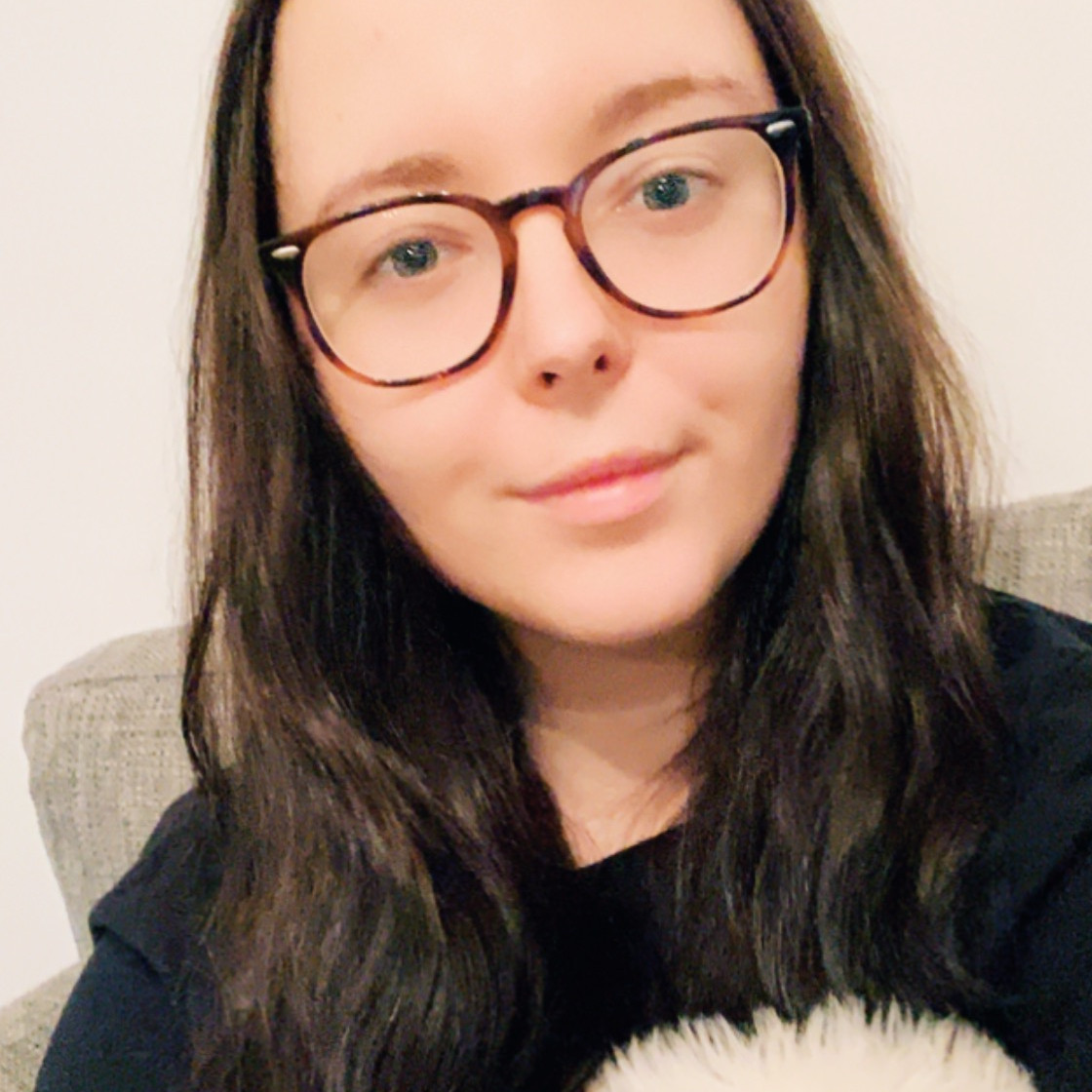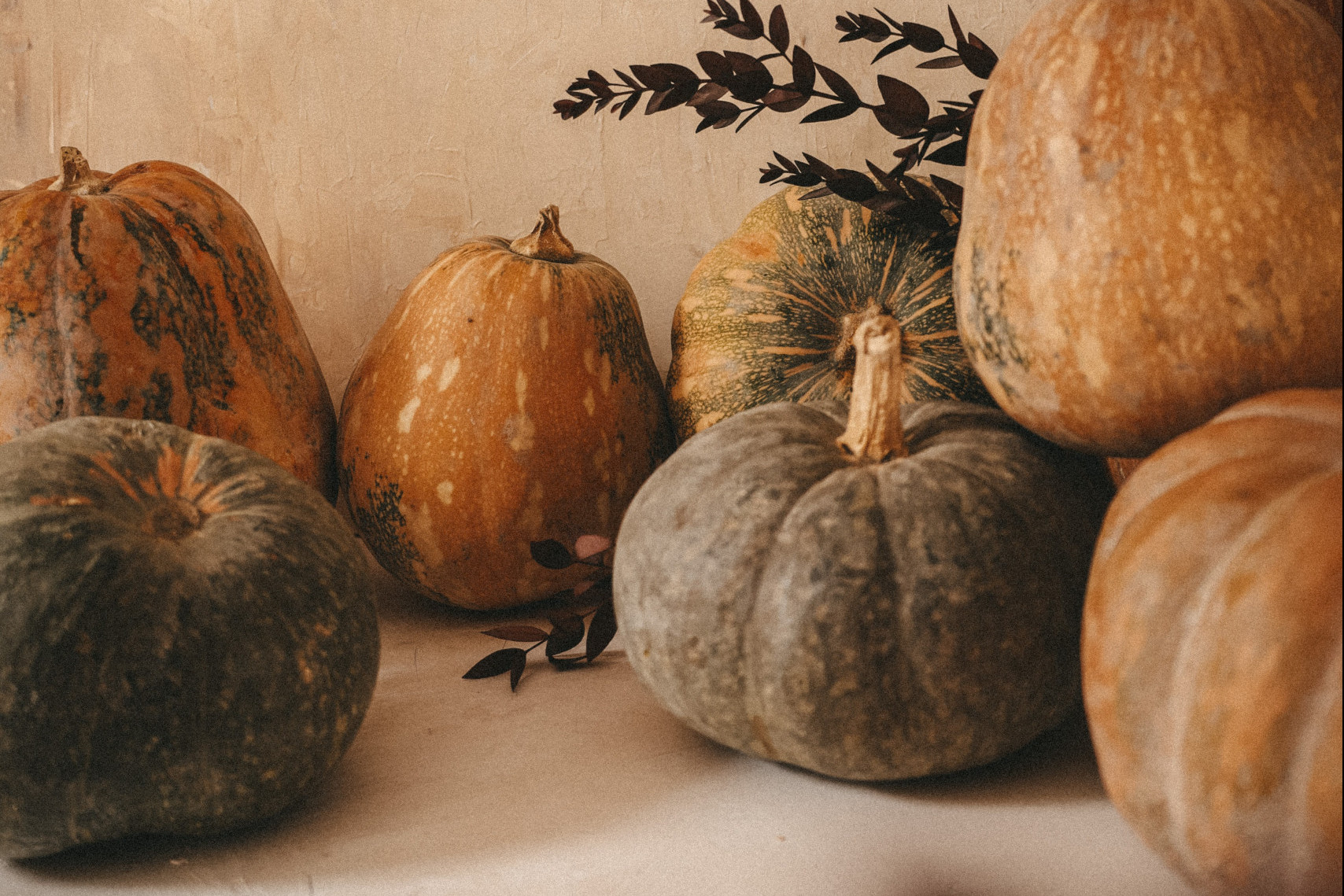Support, Stigma and Recovery this Halloween
Autumn is my favourite season, there, I said it. I can’t decide if it’s the wonderful changes in nature or the cosy pastimes which hook me in but it’s by far my favourite season of all! And one of the big events this season? H A L L O W E E N .
And what’s not to love about Halloween? I’ve just spent the last weekend carving pumpkins with my niece, drinking hot drinks in all my autumnal layers and making cute and ‘spooky’ homemade Halloween decorations. A lovely way to spend a weekend.
Unfortunately, Halloween isn’t fun for everyone. For those of us that are struggling with mental health, recovering from an eating disorder or are having issues with the relationship with food or body image, this holiday can be particularly difficult.
The costumes, the parties and the ‘treats’ are just some of the MANY ways Halloween can be triggering or even stigmatising for those of us struggling at the moment.
It is important to be mindful this week, arming yourself with your recovery tools and coping mechanisms to help protect yourself and your recovery.
Body Image, Stigma and Depictions of Mental Illness
There are a number of ways that the spooky season can be challenging whilst in recovery.
Costume shopping, for example, can be stressful experience for someone struggling with body image. Society continues to praise women for the ‘skimpier’ costumes, and social media celebrates those outfits online. It is hard not to compare yourself and your costumes to the ones you’ve seen online. Wherever you are in your recovery, or how you feel about your relationship with your body, it is important that you feel comfortable. If you don’t want to dress up this year, that’s ok.
Likewise, if you have a costume, homemade of shop-bought, that you want to wear, then do it! Your Halloween experience is not defined by others’ opinions.
Speaking of costumes…
The field of mental health have long struggled with stigma, not helped by a holiday which is prone to problematic stereotypes and stigmatising depictions of mental illness. Halloween isn’t quite here yet, but I’ve already seen distasteful and insensitive outfits floating around social media – I mean, seriously, it’s 2021. I don’t want to see your body-shaming, transphobic or mental illness related costumes.
We are only now moving away from pandemic life and nearly two years defined by a time where we have supposedly been more sympathetic of each other and our mental wellbeing. And yet, here we see people sharing and wearing Halloween costumes that make light of someone’s struggle and/or mental institutions?
They are stigmatising. Think about it. Wearing a straightjacket, or anything typically associated with someone’s experience with mental illness, trivialises what they are going through. Likewise, if your outfit makes fun of a marginalised group, think about how that might make them feel.
Not only are these depictions upsetting, but they can also be dangerous. Misrepresentation of mental illness can be really harmful in how it perpetuates myths and misconceptions about the conditions they are referring to – something we work really hard to eradicate!
Myths, misconceptions and stigma all prevent people from speaking out, finding support and living a life undefined by mental illness. Rather than finding safe and effective treatment, stigma causes feelings of shame and isolation.
So, how can we be more supportive this Halloween?
- The most obvious one is to stop shopping with stores who profit from problematic depictions of mental illness. Instead, if you need a costume this year, get creative! Homemade costumes are not only fun to make, but you’re less likely to bump into a costume-duplicate!
- If you feel comfortable, speak openly about offensive costumes / stigmatising Halloween depictions that you see. (Please note though, some people will feel the need to argue the point, maybe suggesting your oversensitive…)
- If you see something that upsets you, speak to someone. You don’t have to confront anyone, but speak to a loved one about how it made you feel or you can speak to someone from our team.
Binge Eating and Halloween
Halloween in recovery can be a difficult time, especially with an eating disorder. Binge eating episodes can be more likely, especially when you’re feeling increased stress or anxiety. It’s a holiday which can often feel anchored by treats, sweets and chocolate which can lead to a binge so it’s good to have a recovery ‘action plan’ which can help if you are presented with an urge.
Increased stress and anxiety may be cause by the pressure to get involved in activities or events over Halloween too. Maybe you’re been invited to a party, pumpkin carving or been asked to dress up in a costume. If this is something which is triggering for you, it is important to set boundaries and/or have coping strategies in place for those times.
Here are some more ideas on how you can manage your mental health this Halloween and steps to avoid binge eating this Halloween:
- Find support. Think about your support network and where they are going to be Halloween. Explain to them how you’re feeling, and if there are specific situations which might make you feel a little overwhelmed over the next couple of days.
- Be kind to yourself. You might experience feelings of guilt or shame over the next few days but try to practice some self-compassion. It is fine to struggle over Halloween so try not to ignore those feelings and, instead, accept that this is a difficult situation and try to understand how you can move through this moment.
- It is important to have regular meals and snacks throughout the day to help prevent cravings which might lead to overeating. If you are worried about managing mealtimes, or if you have plans to eat out or with a friend, speak to your support network beforehand and let them know about any concerns you might have. Honesty is really important in recovery.
- Focus on not restricting, this can cause an urge to binge. As above, it is important to have regular meal and snacks so you are feeling satisfied throughout the day.
- Practice mindful eating, allowing yourself to choose and eat foods that both satisfy you and nourish your body. Be mindful of how it tastes and be aware of the conversation in your head. Remember, practice self-compassion and go easy on yourself.
- If you need them, think about the distraction techniques and coping mechanisms which might help when you are feeling stressed or anxious. Try some grounding exercises, go for a walk or read a book.
Happy Halloween!
If you are worried about your eating disorder or need some support, reach out to a profession. Recovery from an eating disorder is possible, but it can take time. Recognising that Halloween might be a difficult time and take steps to manage your mental health at this time shows great self-awareness.
Regardless of what Halloween brings, the most important part is practicing some self-care. Give yourself permission to enjoy the next few days, have fun (pumpkin carving is my favourite thing to do!) and spend time with friends and family and those people who are supportive of your recovery journey.



